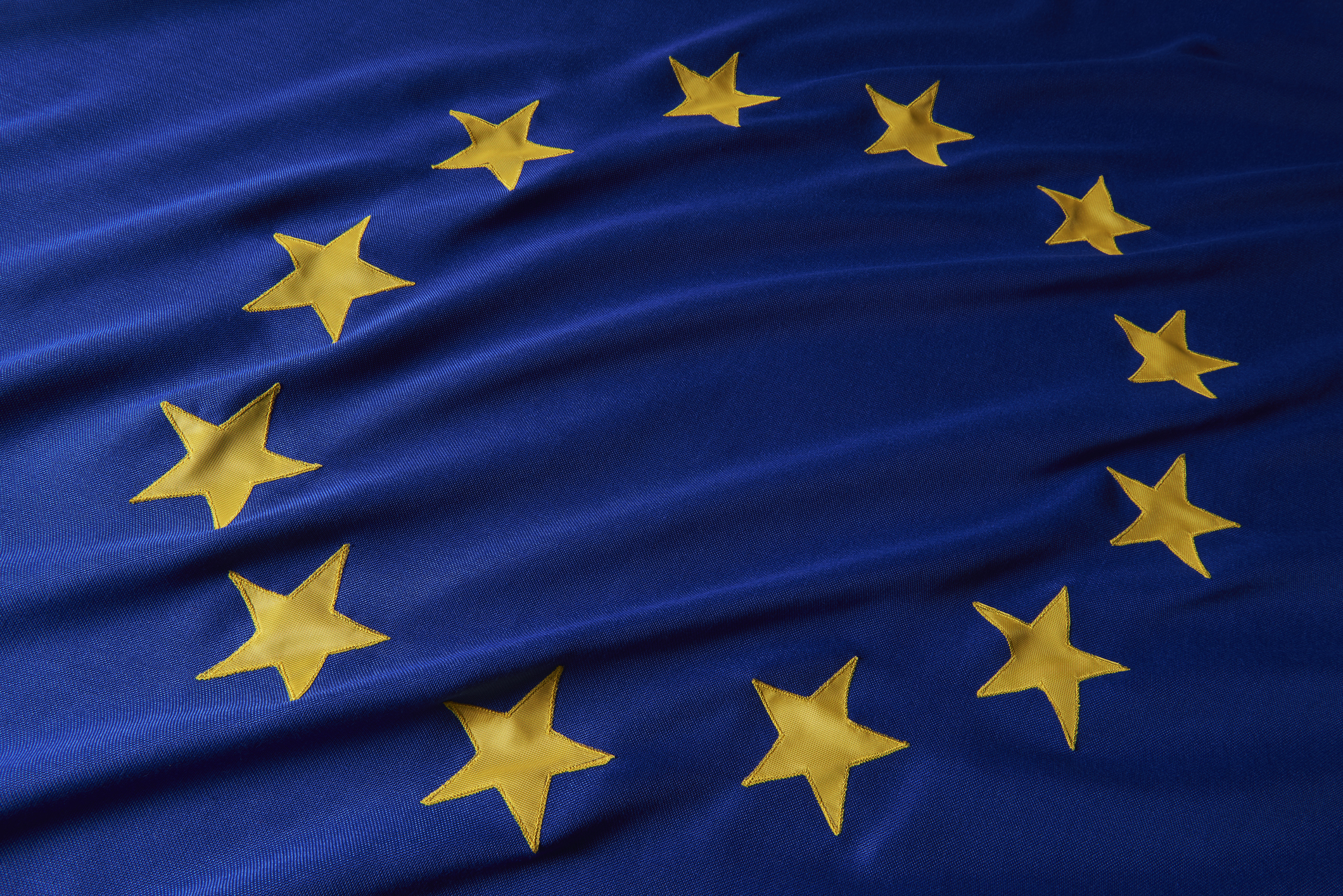Oracle’s acquisition of Sun rejected by EU
After investigating this year’s most talked about acquisition, the European Commission has concluded Oracle buying Sun would be anti-competitive.

The European Commission (EC) has officially objected to Oracle's $7.4 billion (4.4 billion) acquisition of Sun Microsystems.
According to a Securities and Exchange Commission filing from Sun, the EU has presented the companies with a statement of objections to the proposed deal.
"The Statement of Objections sets out the Commission's preliminary assessment regarding, and is limited to, the combination of Sun's open source MySQL database product with Oracle's enterprise database products and its potential negative effects on competition in the market for database products," says Sun in the filing.
Oracle immediately fired back at the EC, claiming the decision "reveals a profound misunderstanding of both database competition and open source dynamics."
"It is well understood by those knowledgeable about open source software that because MySQL is open source, it cannot be controlled by anyone. That is the whole point of open source," the statement said.
"The database market is intensely competitive with at least eight strong players, including IBM, Microsoft, Sybase and three distinct open source vendors. Oracle and MySQL are very different database products. There is no basis in European law for objecting to a merger of two among eight firms selling differentiated products."
Oracle pointed to the US Department of Justice's (DoJ) decision to pass the deal as evidence of its point. The DoJ swiftly released its own statement on the matter.
Get the ITPro daily newsletter
Sign up today and you will receive a free copy of our Future Focus 2025 report - the leading guidance on AI, cybersecurity and other IT challenges as per 700+ senior executives
"After conducting a careful investigation of the proposed transaction between Oracle and Sun, the Department's Antitrust Division concluded that the merger is unlikely to be anticompetitive," said the DoJ.
"At this point in its process, it appears that the EC holds a different view. We remain hopeful that the parties and the EC will reach a speedy resolution that benefits consumers in the Commission's jurisdiction," it concludes.
-
 OpenAI's new GPT-4.1 models miss the mark on coding tasks
OpenAI's new GPT-4.1 models miss the mark on coding tasksNews OpenAI says its GPT-4.1 model family offers sizable improvements for coding, but tests show competitors still outperform it in key areas.
By Ross Kelly
-
 Meta just revived plans to train AI models using European user data
Meta just revived plans to train AI models using European user dataNews Meta has confirmed plans to train AI models using European users’ public content and conversations with its Meta AI chatbot.
By Nicole Kobie
-
 ‘Europe could do it, but it's chosen not to do it’: Eric Schmidt thinks EU regulation will stifle AI innovation – but Britain has a huge opportunity
‘Europe could do it, but it's chosen not to do it’: Eric Schmidt thinks EU regulation will stifle AI innovation – but Britain has a huge opportunityNews Former Google CEO Eric Schmidt believes EU AI regulation is hampering innovation in the region and placing enterprises at a disadvantage.
By Ross Kelly
-
 The EU just shelved its AI liability directive
The EU just shelved its AI liability directiveNews The European Commission has scrapped plans to introduce the AI Liability Directive aimed at protecting consumers from harmful AI systems.
By Ross Kelly
-
 A big enforcement deadline for the EU AI Act just passed – here's what you need to know
A big enforcement deadline for the EU AI Act just passed – here's what you need to knowNews The first set of compliance deadlines for the EU AI Act passed on the 2nd of February, and enterprises are urged to ramp up preparations for future deadlines.
By George Fitzmaurice
-
 IBM eyes Oracle expertise gains with latest acquisition
IBM eyes Oracle expertise gains with latest acquisitionNews The deal aims to help IBM address the complexities of public sector cloud transformation
By Emma Woollacott
-
 Channel Focus: All you need to know about Oracle's partner program
Channel Focus: All you need to know about Oracle's partner programWhat to know about partnering with Oracle: A brief guide to the database management software company as it expands further into cloud solutions
By Fleur Doidge
-
 EU agrees amendments to Cyber Solidarity Act in bid to create ‘cyber shield’ for member states
EU agrees amendments to Cyber Solidarity Act in bid to create ‘cyber shield’ for member statesNews The EU’s Cyber Solidarity Act will provide new mechanisms for authorities to bolster union-wide security practices
By Emma Woollacott
-
 The EU's 'long-arm' regulatory approach could create frosty US environment for European tech firms
The EU's 'long-arm' regulatory approach could create frosty US environment for European tech firmsAnalysis US tech firms are throwing their toys out of the pram over the EU’s Digital Markets Act, but will this come back to bite European companies?
By Solomon Klappholz
-
 EU AI Act risks collapse if consensus not reached, experts warn
EU AI Act risks collapse if consensus not reached, experts warnAnalysis Industry stakeholders have warned the EU AI Act could stifle innovation ahead of a crunch decision
By Ross Kelly